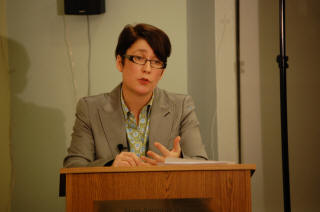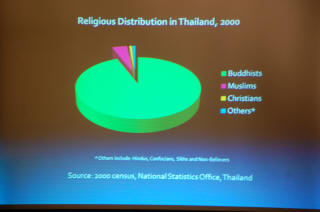
Almost all representations of Thailand refer to it as Buddhist. The majority of its citizens identify themselves as practitioners of Theravada Buddhism, although a history of sectarian disputes within this strand of Buddhism has also provided an idiom for regional political movements. Today, the status of religion is changing. Debates about the constitutional formalization of the national status as a Buddhist polity have recently emerged, largely in response to contemporary sociopolitical conflict in the southern border region.

The complex status of the monarchy’s relationship to constitutionality, and the enshrinement of religion (sasana) as that to which all citizens are obliged, is, moreover, being re-conceptualized at a time when older movements of a national liberationist sort are being refigured as religious struggles. To understand these developments and their implications for the future of Thailand and mainland Southeast Asian relations, this paper asks what it means to speak of religion in Thailand today, and traces Thailand’s changing position in the post 9/11 world in pursue of an answer.


Video Not Available at Request of Speaker

